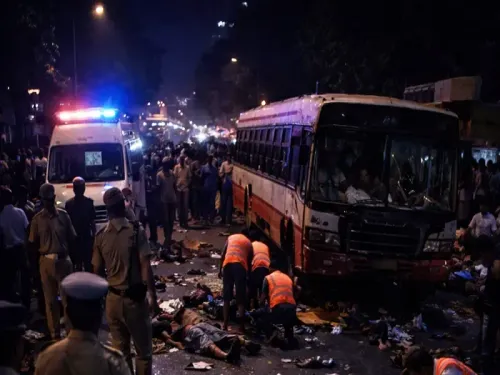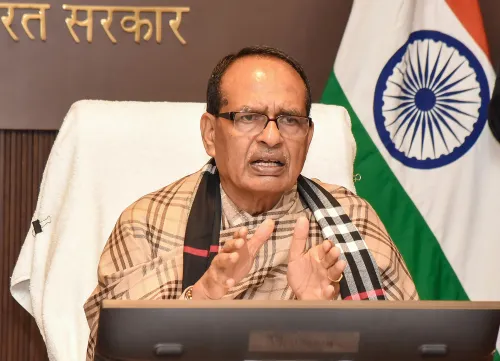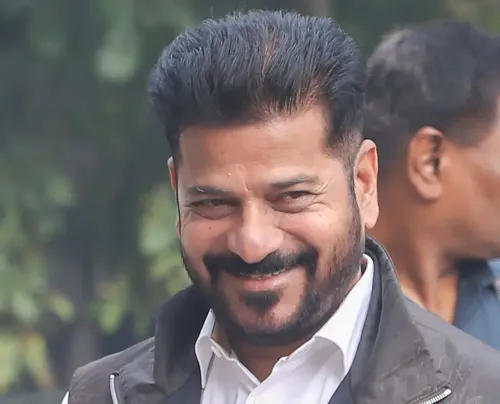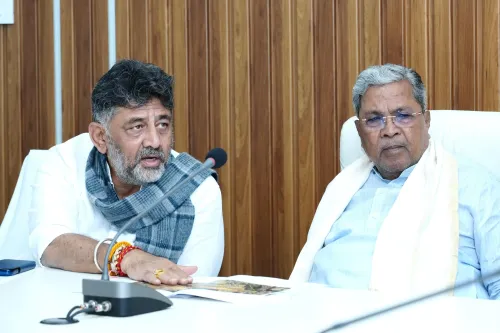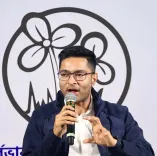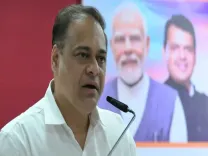How Can Committees Be Strengthened Through Reforms? Rajasthan Speaker's Insights
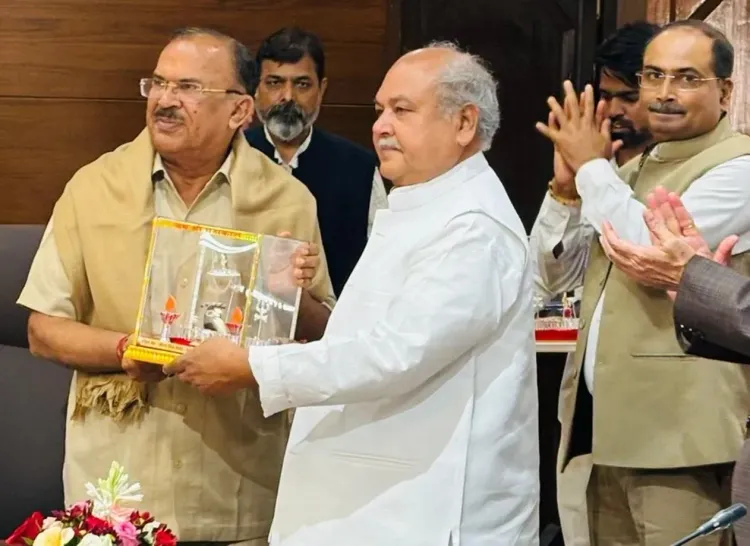
Synopsis
Key Takeaways
- Legislative committees are vital for transparency and accountability.
- Member selection should prioritize merit and expertise.
- Recent case reviews can enhance the relevance of recommendations.
- Virtual meetings could improve member participation.
- Timely administrative responses are crucial for effectiveness.
Jaipur, July 14 (NationPress) Rajasthan Legislative Assembly Speaker Vasudev Devnani underscored the essential function of legislative committees in promoting transparency, accountability, and good governance within a democratic framework.
During a gathering of presiding officers’ committee at the Madhya Pradesh Legislative Assembly in Bhopal on Monday, Devnani characterized committees as a miniature representation of the House and emphasized that the selection of committee members should prioritize not only party affiliation but also merit and subject expertise.
This meeting forms part of a nationwide assessment of the legislative committee structure initiated by Lok Sabha Speaker Om Birla. A seven-member committee of Legislative Assembly Speakers from states including Rajasthan, Madhya Pradesh, West Bengal, Uttar Pradesh, Sikkim, Himachal Pradesh, and Odisha has been established to examine and enhance the committee systems within state assemblies.
Devnani is a pivotal member of this committee, which is compiling a detailed report to be presented to the Lok Sabha Speaker following a comparative analysis of committee frameworks in various states.
During the discussions, Devnani suggested that the next committee meeting be convened in Rajasthan, a proposal that received unanimous support. He also presented several significant recommendations aimed at optimizing committee operations and enhancing member involvement.
He stressed that committee meetings should concentrate on reviewing recent cases rather than those that are four to five years old to ensure that the recommendations can be integrated into the current year’s budget for prompt implementation.
To boost attendance, Devnani proposed permitting members to participate in committee meetings virtually. While he acknowledged this could enhance participation, he also warned of the necessity to maintain confidentiality throughout the process.
He urged careful consideration of the consequences of holding sensitive committee discussions online. Another crucial suggestion was to initiate discussions regarding committee reports within the House itself.
According to Devnani, this approach would not only heighten MLA interest and engagement in committee activities but also improve legislative accountability. He also emphasized the importance of timely responses from the administration to inquiries raised by MLAs, noting that delays could undermine the effectiveness of the committee system.
Using Rajasthan as an example, he indicated that the issue had been addressed by convening a meeting with the Chief Secretary and all Principal Secretaries, resulting in timely responses to pending questions from previous sessions.
Devnani also highlighted that Rajasthan is making significant progress in fortifying and reforming its committee system. Currently, there are 17 committees operational within the Rajasthan Legislative Assembly.


